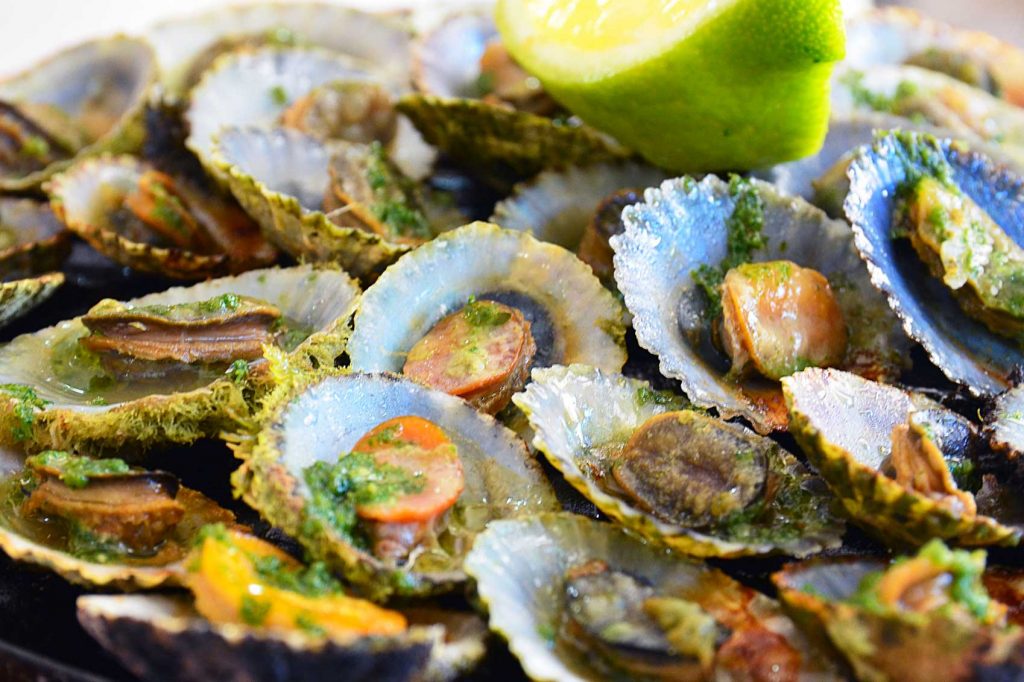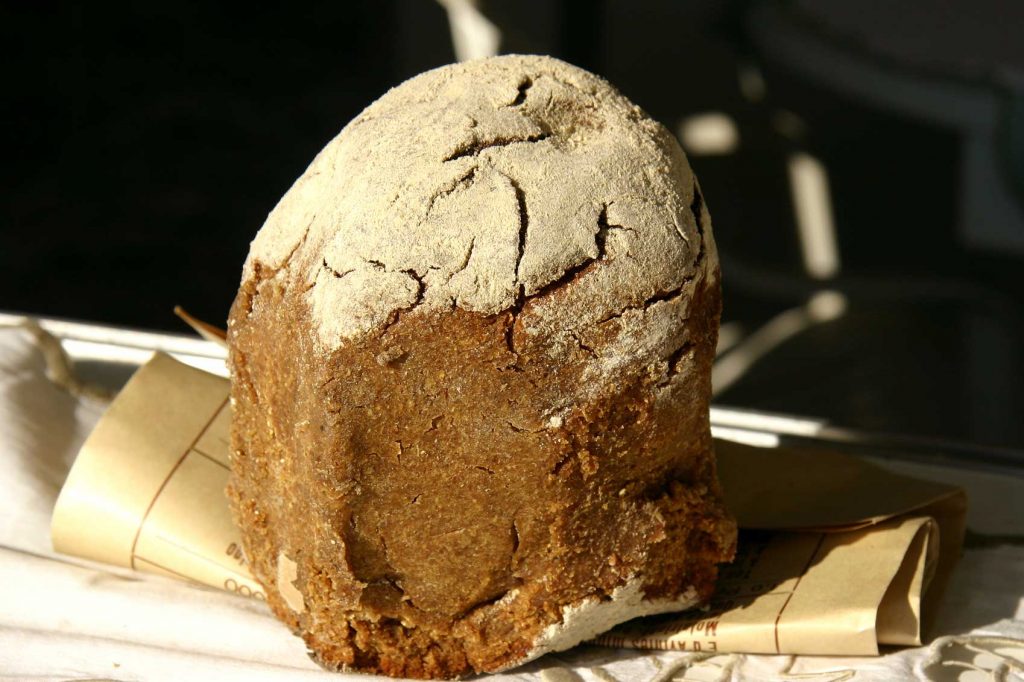Recently updated on July 19th, 2022 at 01:13 pm
Portuguese food doesn’t have the profile it deserves. However, given its delicious repertoire of dishes, from grilled fish to crispy suckling pig and hearty stews, that’s slowly starting to change. And it’s the wine that’s acting as a pathfinder, with refreshing vinho verdes and punchy Alentejo reds often leading to little satellite dishes of seafood tapas (pesticos) served with rich, dark breads to soak it all up. Here, we look at the spirit that guides and inspires Portuguese cooking, and how to navigate around a country that does things a little differently…


Historically, the Portuguese have always been a proud DIY people, owning small farmsteads and going out to grow or hunt what they could. This produce usually found its way into the kitchen, where all sorts of family wisdom would be brought to bear. It’s this background that ensured Portuguese food became so diverse, with provincial cuisines establishing themselves not only on what was locally available, but on long tracts of family lore, too.


That’s not to say there isn’t a base note, however. Onions, garlic and tomatoes are used in almost all dishes (though especially in seafood stews), with coriander working as the staple seasoning; the workhorse condiment. If other herbs are used they’re not usually spicy (though piri-piris are sometimes used to add some kick – especially with the now world-famous piri-piri chicken!), with the most popular including bay leaf, oregano and paprika.


This homely style of cooking makes itself most obvious in its breads. Made by farmers who sought to make use of the Atlantic Ocean’s winds, the Portuguese made broa-de-milho (thick corn bread), pao Alentejano (a chewier ciabatta) and several other styles whose only real competition in the popularity stakes came from pastry chefs. These artisans used egg yolks from local vintners (who liked to filter their wines through the egg whites) sugar from the colonies and the labour of monasteries (which were known for their ingenious pressing techniques). Soon delicacies such as the ubiquitous pasteis de nata were born.


However, diversity still underpins the fabric of Portuguese cuisine. In central Portugal, one might expect to encounter heaped plates of rice and chanfana (spicy goat stews). In the south, the dark meats, sausages and breads dominate, while the western seaboard prefers its spicy seafood. These tend to be trends, rather than rules, and visitors will still find the ubiquitous bacalhau (dried, salted cod), queijo da Serra (rich sheep’s cheese) and milho frito (skewers of corn or polenta sometimes spliced with meats) almost everywhere.


The sheer variety of eateries in Portugal can be a little bewildering, so it’s worth learning its kinds. For instance, if you find yourself in a café, watch out, prices are hiked a little if you sit down. Buzzing Casa de Pastos are usually the best value offerings, serving up three-course dinners without much fuss. Rivalled only by the Cervejaria, which offer tantalising tapas dishes and are distinguishable usually by versions of beer sponsorship on their signage. Elsewhere, a churrasqueira or fumieiro (smokehouse) does delicious BBQ, while a ‘Grill’ is a special type of fumierio that serves carnivorous all-you-can-eat fare.
If griddled seafood and creamy-sweet pastries are giving you daydreams about Portugal why not book a place on the Best of Portugal or Highlights of Spain & Portugal trip?
Image Credits: Seafood © iStock/svf74. Douro Valley © iStock/LuisPortugal. Broa de Avintes © iStock/LuisPortugal. Portuguese Egg Tarts © iStock/tanukiphoto. Codfish © iStock/Marcelo Horn.